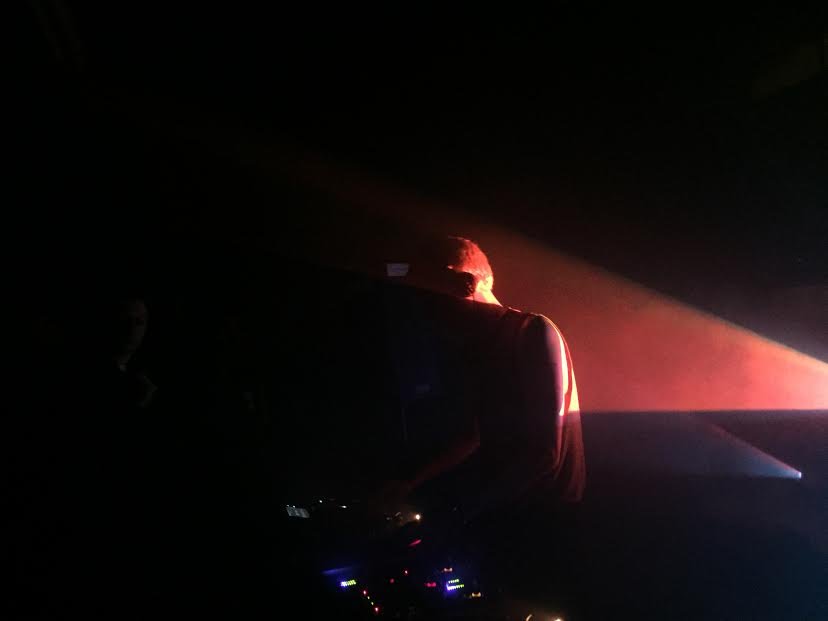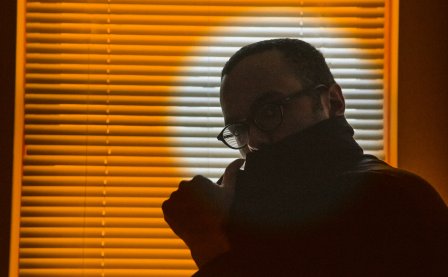That I wasn’t sure if I could get into the Galcher Lustwerk and DJ Richard show in Los Angeles last month was the only thing that nearly disqualified me from getting in. The venue, a warehouse in the Jewelry District, opens onto a smoking foyer with a cash-only bar that ran out of ginger ale around midnight. At one point, I was in between two Europeans in the bathroom line, neither of whom knew who was currently playing.
I hardly ever knew who was playing. I thought about James Ensor’s Christ’s Entry Into Brussels in 1889, which I’d looked at for a while at the Getty earlier in the day, and, among many other things which I’m sure have been discussed eloquently by others, the fact that Christ was about the 200th thing I noticed the first time I saw it. Here I was, at least a couple hours and ginger ales into this show, which I intend to write about, before someone dancing around me could finally explain in understandable speech that headliner Galcher Lustwerk had been playing for about 30 minutes, contra my assumption that I was still listening to (also-good) opener Alvin Aronson. I couldn’t see the booth, and those closer than me to the booth couldn’t see anything except lights.
House music is not an event. It is, from outside of the club, a temporal artifice that creates a mystical relation between people, and from inside, a mixture of bodies in a timeless forever. I am the kind of person who needs to collect my thoughts and breathe some fresh air at these kinds of things. Surely it isn’t a coincidence that I also am a person who writes about them, with an ignorable, yet stubborn, inclination toward criticism. No one has ever written anything on the dance floor, for plenty of reasons, some of them related to the thing that makes this music special. The Aion can’t promise sufficient time nor ground for judgment.
Just like on his LPs, Lustwerk imitated nature at the peak of her mystical intensity, keeping it pure Aion. He held tempo for hours, fading samples in and out with patience and pseudo-compositional brilliance. DJ Richard cut the sound off a couple times, prodding the commons to drunken agitation, but the grating contrast of his frenetic 42TF vignettes was well worth it for this more-or-less clearminded observer. I can’t sit here in my cushy, analytical moment and front like I wasn’t profoundly moved, more than just about any other musical performance I’ve seen in the past year. It was colossally long and packed with smooth affect, its vocals impressing themselves on the soul like alien mantras atop waves of bass and skittering hats.
I can’t decide if I think this music is more hedonistic or masochistic. Sure, everyone wants to do fun drugs and dance until the sun comes up, which is what America has always been most afraid of and aroused by when it comes to electronic music culture, but around three in the morning I became keenly aware of my body. As I climbed into my Uber, which would nearly kill me on the 101, I deleted pictures and videos on my phone in an attempt to efface a kind of private image. House music is wonderful — important, even — if only because of a sense that fails to persevere in images.
More about: DJ Richard, Galcher Lustwerk



